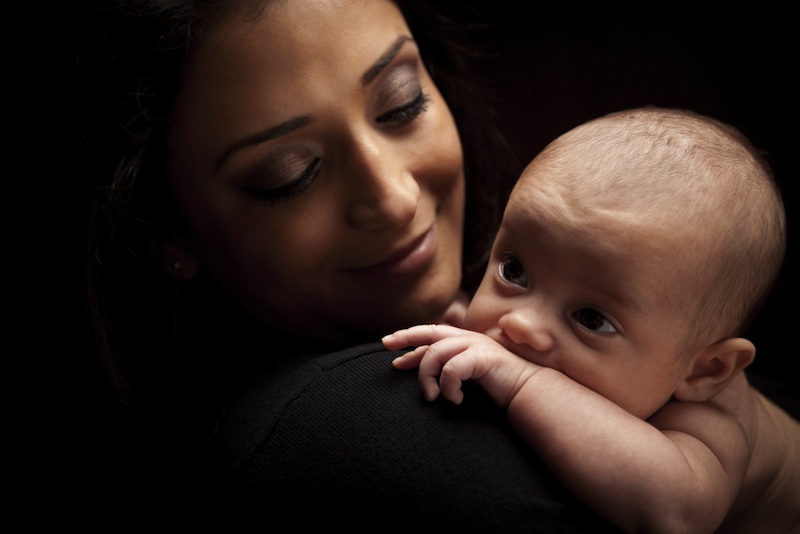Highly Educated, Older Women Having More Children

Get the world’s most fascinating discoveries delivered straight to your inbox.
You are now subscribed
Your newsletter sign-up was successful
Want to add more newsletters?

Delivered Daily
Daily Newsletter
Sign up for the latest discoveries, groundbreaking research and fascinating breakthroughs that impact you and the wider world direct to your inbox.

Once a week
Life's Little Mysteries
Feed your curiosity with an exclusive mystery every week, solved with science and delivered direct to your inbox before it's seen anywhere else.

Once a week
How It Works
Sign up to our free science & technology newsletter for your weekly fix of fascinating articles, quick quizzes, amazing images, and more

Delivered daily
Space.com Newsletter
Breaking space news, the latest updates on rocket launches, skywatching events and more!

Once a month
Watch This Space
Sign up to our monthly entertainment newsletter to keep up with all our coverage of the latest sci-fi and space movies, tv shows, games and books.

Once a week
Night Sky This Week
Discover this week's must-see night sky events, moon phases, and stunning astrophotos. Sign up for our skywatching newsletter and explore the universe with us!
Join the club
Get full access to premium articles, exclusive features and a growing list of member rewards.
Older, highly educated women are becoming more fertile, making families a popular option later in life, new research suggests. The research uncovers what may be the reversal of a trend by highly educated women.
Older women had been having fewer babies, but "women born in the late 1950s are the turning point," study researcher Qingyan Shang, of the University at Buffalo, said in a statement. Members of this group were showing low fertility, but Shang said fertility has increased for women currently in their late 30s and early 40s.
The researchers used data gathered by the June Current Population Survey, compiled by the U.S. Bureau of Labor Statistics and U.S. Census Bureau. The researchers also used the Vital Statistics Birth Data from the National Center for Health Statistics as a second data set.
She says it is still too early to be certain how or why the increase is happening, but the research clearly shows fertility rising for older, highly educated women since the 1990s. (Fertility is defined as the number of children a woman has had.) Childlessness also declined by roughly 5 percent between 1998 and 2008.
Because of the timing of the shift, the researchers think fertility treatments may have played a role.
"The data does not include information about whether women used fertility treatment," Shang said. "But we use the trends in plural birth rates to impute the share of the increase in fertility among highly educated women that is attributed to fertility treatment."
But, Shang said the study shows that fertility could have increased even in the absence of fertility treatments. The study did not directly address the causes of increased fertility in this group, but "we did list some possible explanations based on previous research," Shang said.
Get the world’s most fascinating discoveries delivered straight to your inbox.
These include possible lessons from previous generations, an increased supply of personal services that have reduced childcare expenses, and the possibility of additional help from men taking more responsibility for child care.
The researchers couldn't say whether women are opting for families instead of their careers or in addition to their careers. "We know these women are opting for families," said Shang. "We don't know if they in turn are opting out of the labor market."
The study was published online April 23 in the Journal of Population Economics and will appear in an upcoming print issue.
 Live Science Plus
Live Science Plus











